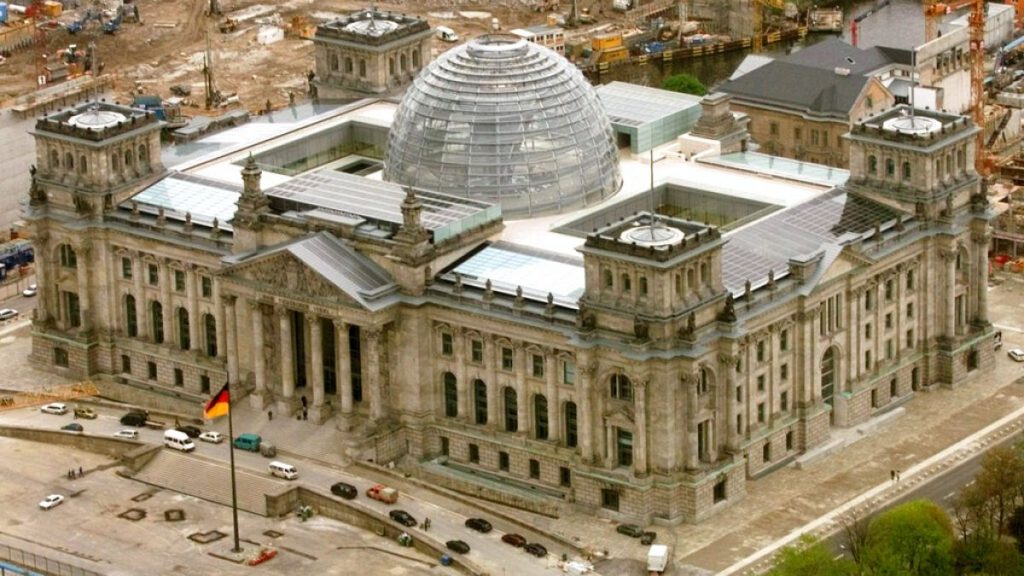The tragic attack on a Christmas market in Magdeburg, Germany, which claimed the lives of five individuals, including a nine-year-old boy, has prompted a thorough investigation and debate within the German Bundestag. Two parliamentary committees, specifically the Committee on Internal Affairs, convened to scrutinize the incident and ascertain whether the authorities could have taken preventative measures to avert the tragedy. This inquiry aims to determine if there were any security lapses or failures in intelligence gathering that contributed to the attack. The debate involves key figures such as Interior Minister Nancy Faeser, heads of the intelligence service, Federal Criminal Police Office, and Federal Office for Migration and Refugees, underscoring the seriousness with which the government is approaching the investigation.
Interior Minister Faeser emphasized the urgent need to bolster Germany’s internal security apparatus, advocating for increased staffing and resources across all relevant agencies. She proposed a draft budget for 2025 that includes provisions for an additional 1,000 federal police officers and an extra €1 billion for security authorities. Faeser drew parallels with the previous attack in Solingen, emphasizing the government’s commitment to learning from past incidents and implementing necessary changes. The minister stressed the importance of a comprehensive investigation, leaving no stone unturned, to determine the full extent of the circumstances leading to the attack and identify any systemic weaknesses.
The parliamentary debate highlighted differing perspectives on the attack and its implications. While government representatives emphasized the need for continued investigation and enhanced security measures, opposition figures voiced more pointed critiques. Andrea Lindholz, a member of the CDU/CSU parliamentary group, questioned the background of the perpetrator, raising concerns about his history in Germany, including previous threats and convictions, and questioning the efficacy of existing security protocols in identifying and addressing potential threats. This difference in tone reveals the political tensions surrounding the issue of security and the potential for this tragedy to further polarize the political landscape.
The Magdeburg attack has further destabilized the already turbulent political climate in Germany, coming shortly after Chancellor Olaf Scholz lost a confidence vote, leading to the collapse of his government and the announcement of snap elections scheduled for February 23rd. This backdrop of political uncertainty adds another layer of complexity to the investigation and the subsequent actions the government will take in response to the tragedy. The attack is being scrutinized not only for its immediate security implications but also for its potential impact on the upcoming elections and the broader political discourse.
The incident also resonates with previous extremist attacks in Germany, including a knife attack in Solingen that killed three people and injured eight others, further highlighting the ongoing challenge of addressing extremism and ensuring public safety. The attack also evokes memories of the devastating 2016 Berlin Christmas market attack, where a truck driven by an Islamist extremist plowed into a crowd, killing 13 and injuring many more. This tragic history underscores the vulnerability of public spaces and the persistent threat of extremist violence, emphasizing the need for robust security measures and effective counter-terrorism strategies.
The Magdeburg Christmas market attack serves as a stark reminder of the complex security challenges facing Germany. The investigation continues, with the aim of not only bringing those responsible to justice but also identifying any systemic failures that contributed to the tragedy. The attack has fueled a national debate on security policy, resource allocation, and the effectiveness of existing counter-terrorism measures. Its impact on the upcoming elections and the broader political landscape remains to be seen, but the incident has undoubtedly heightened anxieties and intensified the focus on security as a paramount concern for the German public and its political leaders. The debate in the Bundestag signifies the beginning of a process of reflection and potential reform as Germany grapples with the implications of this tragedy and seeks to prevent future occurrences.














